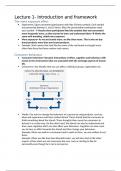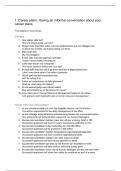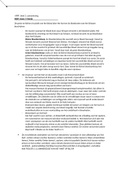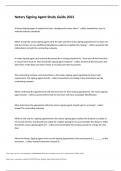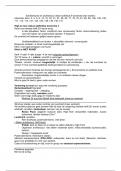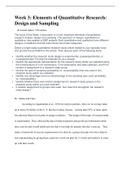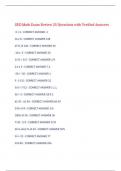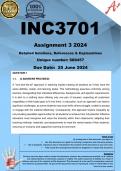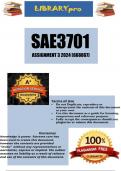Samenvatting
Summary Consumer Behaviour Marketing Management Erasmus University
- Instelling
- Erasmus Universiteit Rotterdam (EUR)
This is an extensive summary of the subject Consumer Behaviour at Rotterdam School of Management. It includes all notes from class and examples. I got an 8.5 with this summary.
[Meer zien]
